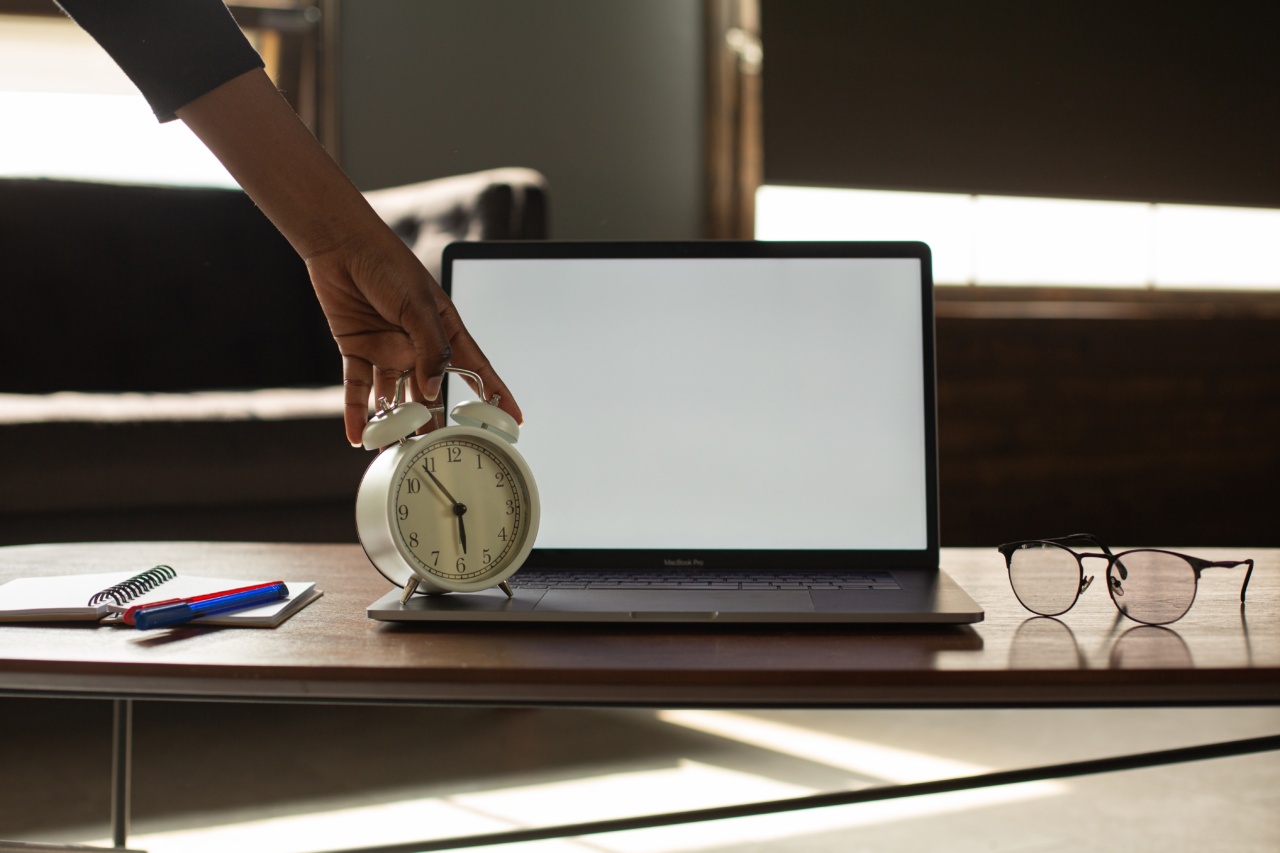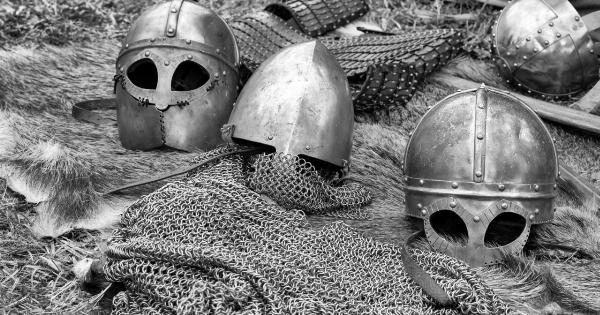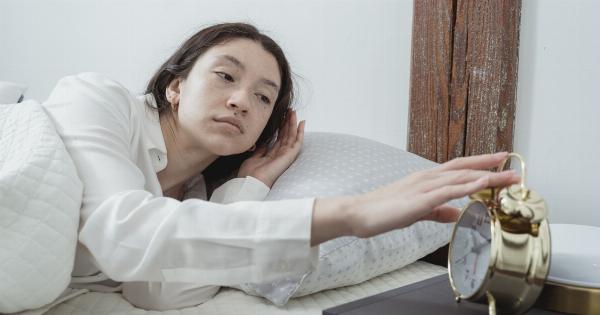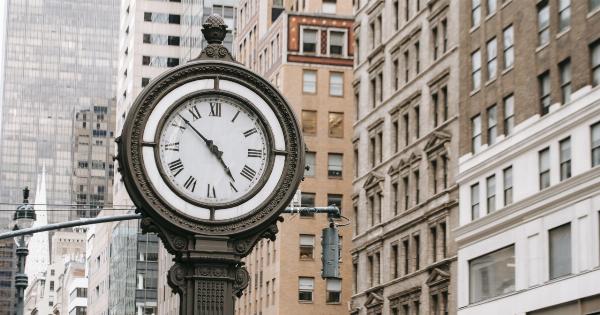Migraines are a debilitating type of headache that affects around 13% of the world population.
They are characterized by pulsing or throbbing pain on one side of the head or both sides accompanied by symptoms such as sensitivity to light and sound, nausea, and vomiting. Migraines can last for hours to several days and can significantly impact the quality of life of sufferers.
While the exact causes of migraines are still unknown, studies have suggested that the body’s biological clock or circadian rhythm may play a significant role in triggering migraines in some individuals.
Understanding the Biological Clock
The biological clock is a system of internal rhythms that governs various physiological processes such as sleep, digestion, hormone secretion and regulation, and cell division.
The biological clock is controlled by a group of nerve cells located in the hypothalamus, the body’s central control center for various functions, including temperature regulation, hunger, thirst, and sleep. The hypothalamus receives information from the external environment such as light, temperature, and food and sends signals to various organs and tissues to adjust their activity levels based on the time of day.
The biological clock is the reason why most people feel more alert and active during the day and sleepy at night.
It also regulates the timing of various hormonal and metabolic processes such as cortisol secretion, blood pressure regulation, and glucose metabolism. When the biological clock is disrupted or out of sync with the external environment, it can lead to various health problems, including sleep disorders, cardiovascular disease, and metabolic disorders such as obesity and diabetes.
The Connection between the Biological Clock and Migraines
Research has suggested that the biological clock may play a critical role in triggering migraines in some individuals.
A study published in the journal Neurology found that people who suffer from migraines tend to have a disrupted or dysfunctional biological clock, which can lead to increased susceptibility to migraines. According to the study, migraine sufferers were found to have lower levels of melatonin, a hormone that regulates the sleep-wake cycle and is involved in the regulation of the biological clock.
Other studies have shown that migraines tend to occur at specific times of the day or month, suggesting that the biological clock may be involved in the onset or exacerbation of migraines.
For example, some women report experiencing migraines during their menstrual cycle, which is regulated by the female hormone estrogen. Estrogen is known to have an influence on the biological clock, and its fluctuations during the menstrual cycle may lead to changes in the activity levels of the hypothalamus and other brain regions.
Another study published in the journal Cephalalgia found that migraines tend to occur more frequently at night or in the early morning, which are times when the body’s temperature and blood pressure are lower, and the biological clock is primed for sleep. The study suggested that disruptions in the biological clock, such as changes in sleep patterns or exposure to bright light at night, may trigger migraines in susceptible individuals.
The Relationship between Sleep and Migraines
Sleep is closely linked to the biological clock and has been found to play a critical role in the development and management of migraines.
According to the National Sleep Foundation, people who have sleep disorders such as insomnia or sleep apnea are more likely to experience migraines. Additionally, people who sleep less than six hours or more than nine hours per night are at higher risk of migraines compared to those who sleep between seven and eight hours per night.
Research has shown that disruptions in the sleep-wake cycle can trigger migraines, and managing sleep patterns can help reduce the frequency and severity of migraines.
For example, improving sleep hygiene by avoiding screens before bedtime, sleeping in a cool and dark room, and avoiding caffeine and alcohol can help reduce the risk of migraines.
The Influence of Light and Dark on Migraines
Light and dark are critical components of the biological clock and can have a significant impact on migraines.
Exposure to bright light in the early morning can help regulate the biological clock and reduce the frequency of migraines in some individuals. In contrast, exposure to light at night, especially blue light from screens, can disrupt the biological clock and trigger migraines in susceptible individuals.
Some studies have suggested that wearing blue-light blocking glasses, or using night mode on electronic devices can help reduce the risk of migraines by reducing exposure to blue light.
Additionally, exposure to natural light during the day can help regulate the biological clock and improve sleep, which can reduce the risk of migraines.
The Role of Hormones in Migraines
Hormones such as estrogen and progesterone can also influence the biological clock and play a role in the onset of migraines, especially in women.
Estrogen is known to have a modulating effect on the activity of the hypothalamus and other brain regions involved in regulating the biological clock. Fluctuations in estrogen levels during the menstrual cycle, pregnancy, or menopause can trigger migraines in susceptible women.
Additionally, some women report experiencing migraines during the use of hormonal contraceptives, which can disrupt the natural hormonal balance and influence the biological clock.
Managing hormonal imbalances through lifestyle changes, such as exercise and diet, or through medical interventions, such as hormone replacement therapy, can help reduce the frequency and severity of migraines.
The Bottom Line
Migraines are a complex and debilitating type of headache that can significantly impact the quality of life of sufferers.
While the exact causes of migraines are still unknown, research has suggested that the biological clock or circadian rhythm may play a critical role in the onset and exacerbation of migraines in some individuals. Managing sleep patterns, avoiding disruptions in the biological clock, and managing hormonal imbalances can help reduce the frequency and severity of migraines.



























